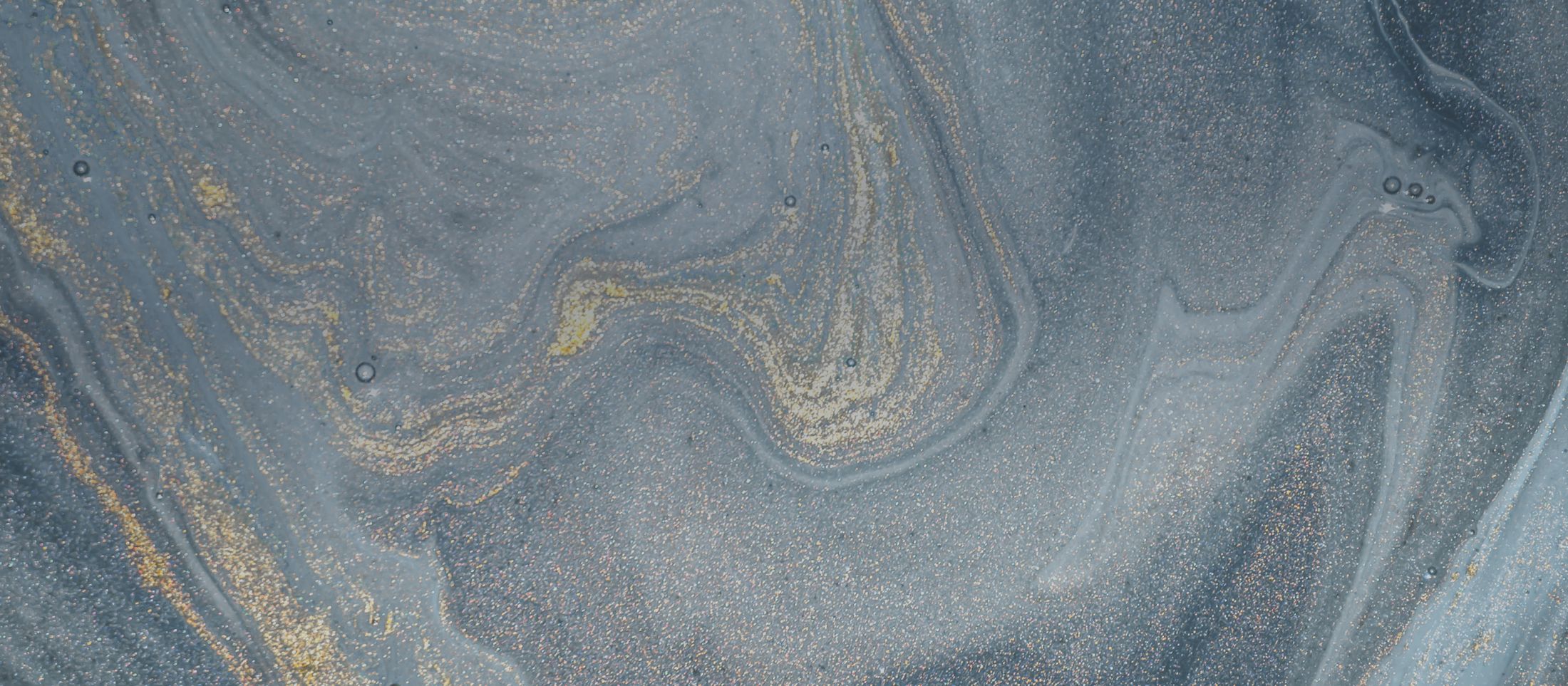



At Savannah Functional nasal surgery are minimally invasive procedures designed to help treat the chronic symptoms of nasal congestion and sinusitis. For patients suffering from chronic nasal congestion often times structural anatomy problems such as a deviated nasal septum or enlarged nasal turbinates are the culprit. Surgeries that are less invasive than Rhinoplasty such as Septoplasty, Nasal Valveplasty, and Turbinate Reduction can be performed to permanently correct the congestion. Sinusitis often co-exists with nasal obstruction and is a disease that affects millions of people in the U.S. each year, causing the linings of the sinuses in the face and forehead region to thicken and swell. Consequently, those who also suffer from sinusitis often experience a series of chronic symptoms, including:
While functional endoscopic nasal surgery cannot cure sinusitis, it can significantly improve the symptoms.

You may be an ideal candidate for Functional nasal surgery or endoscopic nasal surgery if you suffer from any of the symptoms above and have not found relief with standard medical therapies such as allergy medications or antibiotics.
As with all medical procedures, excellent candidates are those in good overall health and who have informed, realistic expectations.

An initial consultation with Dr. Minton is the first step to any procedure. There he will discuss your health history. Often times a nasal endoscopy procedure may be performed in order to fully evaluate the nasal cavity. Sometimes before recommending surgery a trial of medications and/or a CT scan of the nose and sinuses will be performed.


After the initial consultation and evaluation Dr. Minton with tailor the procedure based on your symptoms and the examination findings. In general all functional nasal surgeries are performed under anesthesia. Septoplasty, Nasal Valveplasty, and Turbinate Reduction procedures are all performed via small incisions placed inside the nose. There are no external scars and no external swelling or bruising during the recovery period.
The procedure for a endoscopic functional nasal surgery requires no incisions as well. Instead, telescopic cameras are placed inside the nose to visualize the nasal and sinus passages. Then, small specialized instruments are used alongside the telescopes to enlarge the drainage pathways of the sinuses. This prevents the buildup of mucus and pus in the sinuses that’s associated with chronic sinusitis. Before the start of the surgery, general or local anesthesia is administered to the patient to ensure there’s no pain or discomfort during the surgery. The type of anesthesia depends on the extent of the procedure.

After functional nasal surgery Savannah patients will likely experience a dull and achy feeling in your nose and nasal cavity, which can be treated with medication. You will also feel stuffy and congested for about a week. A dressing will be applied on the nose to address any light bleeding that often occurs the first 24-48 hours after surgery. It is important that you keep the nose moist with saline spray as it heals.
Dr. Minton will discuss the functional nasal surgery healing process with you. He will give instructions on the best ways to take care of your sinuses and will prescribe medications to aid healing, reduce the chance of infection, and manage any discomfort. Follow-up appointments will be arranged, including an office visit a week after the surgery to thoroughly clean the nose. This is done under local anesthesia and may be repeated weekly for the first 4 to 6 weeks after surgery.
After the initial consultation, endoscopic functional nasal surgery uses takes anywhere between 1 to 3 hours, but this depends on the extent of the surgery needed.
Yes, in general the nasal passages will be more open after surgery which should relieve the symptom of nasal congestion. If however you have poorly controlled allergy or sinusitis there may be some return of symptoms – this is why we stress the importance of also controlling underlying conditions such as these.
No, it’s important to remember that functional endoscopic sinus surgery will not cure sinusitis. Similar to diabetes or high blood pressure, there is no cure for sinusitis, but surgery can improve the symptoms associated with the disease.
Many patients with chronic nasal congestion also snore. While repairing the problems that cause congestion may relieve snoring, it may not as snoring can also be related to other unrelated issues. Dr. Minton will be able to evaluate these during your initial consultation.
Patients can usually return to work and normal activities a week after surgery.
The patient doesn’t feel anything during the functional nasal surgery. Post surgery, patients can experience discomfort such as aching in the nasal cavity and stuffiness, but this tends to resolve in about a week. Dr. Minton can prescribe medicine to help ease any discomfort.
Our skilled, double-board certified facial plastic and reconstructive surgeon Dr. Minton is available to discuss functional endoscopic nasal surgery in greater detail during a consultation at our Savannah Facial Plastic Surgery office in Savannah. Arrange your consultation by contacting us today.